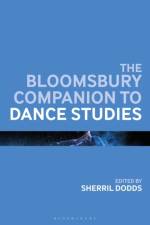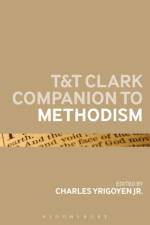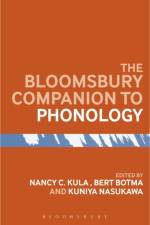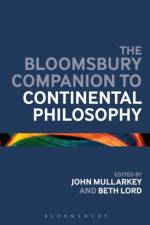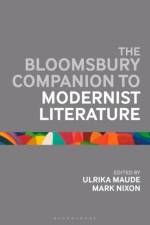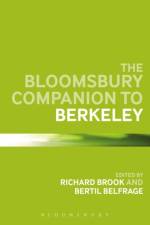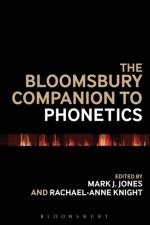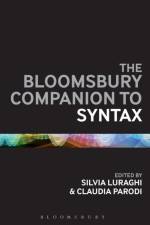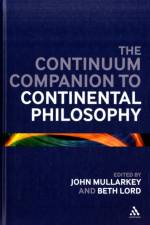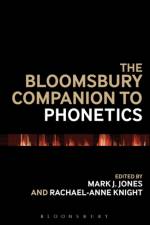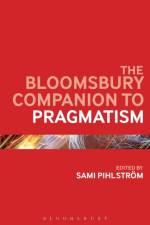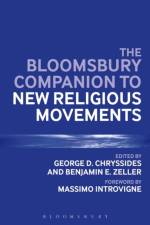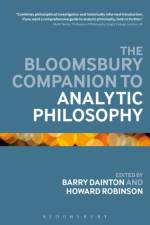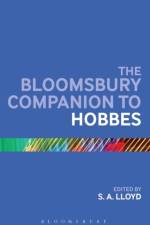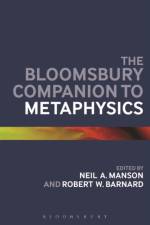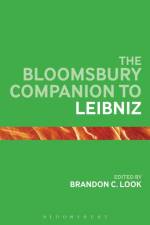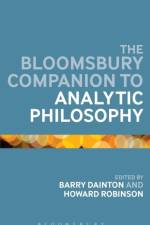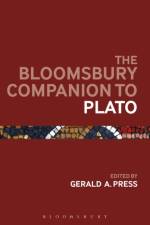551
Pragmatism provides not just a theoretical perspective on science and inquiry, but ways of being in the world, of knowing the reality we inhabit. Approaching this philosophical tradition as a diverse set of philosophies that it is, The Bloomsbury Companion to Pragmatism introduces many of the ideas and debates at the centre of the field today. Focusing on issues in 12 different subject areas, this up-to-date companion covers current research in aesthetics, economics, education, ethics, history, law, metaphysics, politics, race, religion, science and technology, language, and social theory. Supported by an introduction to research methods and problems, as well as a guide to past and future directions in the field, the chapters are also enhanced by a glossary, research guide and an annotated bibliography. For anyone working in contemporary pragmatism or modern American philosophy more generally, this companion provides a practical means of navigating what can sometimes feel like a disparate field. Showing where important work continues to be done, the tensions that exist, and, most valuably, the exciting new directions the field is taking, The Bloomsbury Companion to Pragmatism expands our understanding of the role of pragmatism in 21st century philosophy.

